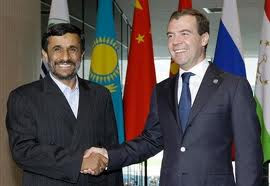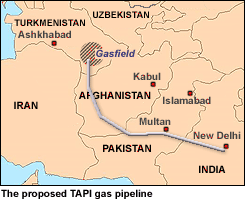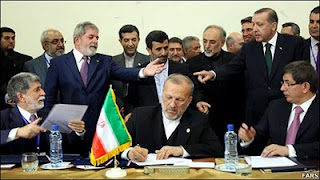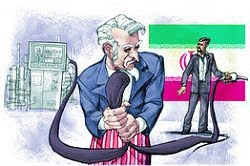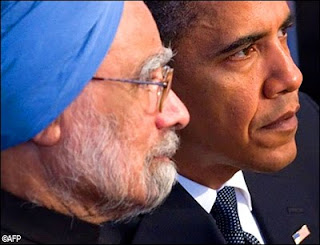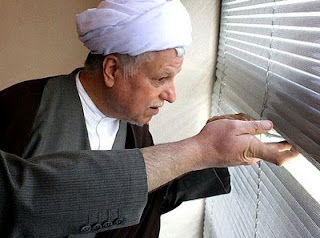Iran's current position prevails over position of "5 +1" countries
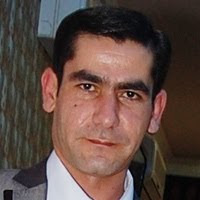
Iran, the five permanent members of the UN Security Council and Germany will hold next talks from 15 to 18 November. There is a great probability that these talks will be held in Vienna. The last round of talks on Iran's nuclear program in a designated format was held in October last year. However, over the last year, the positions of Iran and the West have changed significantly. At the next meeting, the negotiations will chaired by the representative of Germany, EU High Representative for Foreign Affairs and Security Policy Catherine Ashton and Secretary General of the Supreme National Security Council of Iran Saeed Jalili. According to the spokesman of Iranian Foreign Ministry, Ramin Mehmanparast, the topic of the next discussions will be "a package of proposals" by Iran and the "5 +1" countries. According to him, it is possible that discussions will be conducted on a package of proposals by Iran, or the joint aspects of the package of proposals by the both s...
